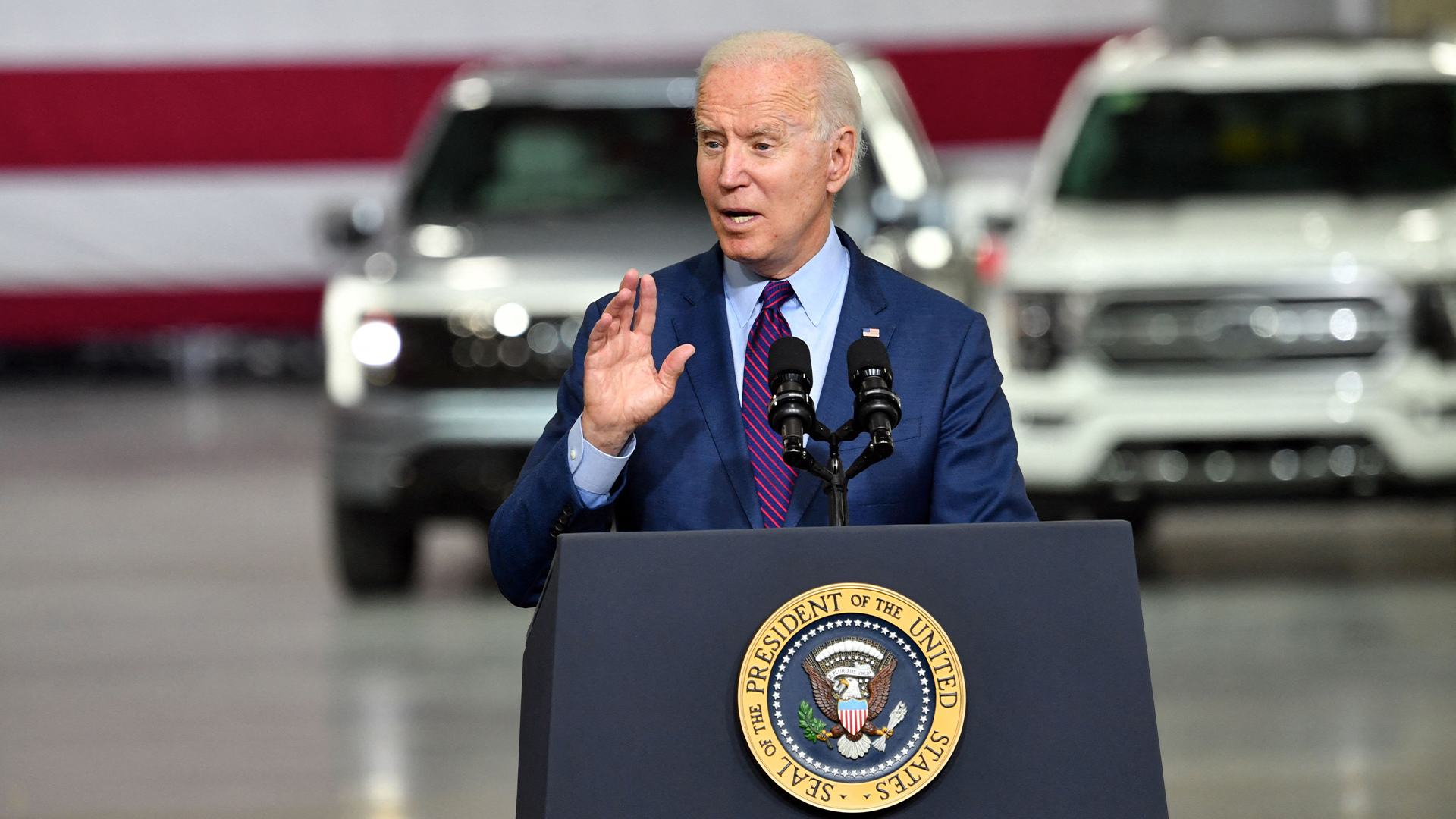

Even though you’re probably tired of hearing it, electric cars are the future. The battery-powered cars of tomorrow are entering the market today, and governments around the world are doing their part to foster adoption in order to combat climate change and promote innovation.
On Thursday, the White House issued a series of statements from automakers pledging to work with the United States government to meet ambitious goals surrounding fleet-wide EV sales rates and revised fuel economy targets. Additionally, the Biden administration is expected to issue an executive order which steers the auto industry toward a cleaner future.

A statement from the White House indicates Biden’s target for 50 percent of new cars sold to be electric by 2030. Additionally, various automakers including BMW, Ford, Honda, Volkswagen and Volvo point at EVs accounting for 40 to 50 percent of U.S. sales in nine years’ time.
The motivation for the change appears to be significantly tighter emission standards. CNN states that it has received a draft memo from the United States Environmental Protection Agency (EPA) and the Department of Transportation (DOT) which also notes the reversal of the EPA’s fuel economy changes under the Trump administration.
Under Obama-era CAFE standards, real-world mile per gallon requirements would have reached around 37 mpg by 2026. However, due to the succeeding administration’s requirement rollbacks, this number was reduced to 29 mpg. The EPA will reportedly revise this standard again and set goals to reach for light-duty vehicles between 2023 and 2026—a timeframe noted in several statements by automakers.
Of the automakers that published statements for today’s announcement, Ford, BMW, Honda, and Volkswagen had previously gone on record disagreeing with the previous administration’s about-face to existing standards. Meanwhile, General Motors, Nissan, Stellantis (then Fiat Chrysler), and Toyota all sided with the relaxing of fuel economy standards before.
Industry lobbying group Alliance for Automotive Innovation also issued a statement via the White House which wasn’t as supportive. The group was the only party cited by the White House that called the move a “challenge,” adding that “all levels of government [would] need to do their part” in order for the plan to succeed. The alliance’s statement also called for the U.S. to expand its hydrogen refueling infrastructure, which goes in line with recent reports of alleged closed-door political dealings from the group’s board chair (who is also a senior Toyota executive).
Toyota did not take part in a joint statement or issue its own at the time of writing; however, its North American CEO Ted Ogawa noted that the automaker would do its part and reiterated that the goals were “great for the environment,” according to Reuters.
But all might not be as cut-and-dried as it seems. Dan Becker, director of the Safe Climate Transport Campaign at the Center for Biological Diversity, told the New York Times that these goals are set on voluntary targets, meaning that they are not expected to be legally binding. Without teeth, Becker believes that they simply “make a New Year’s weight-loss resolution look like a legally binding contract.”
Regardless, it’s clear from the statements that automakers are subtly calling for government funding in order to expand the efforts of EV adoption. Between the expansion of charging networks and incentives for building green factories, the possible applications of government cash are endless for multiple facets of the auto industry. Whether or not any of this will be an extension of the upcoming 2,700-plus-page infrastructure bill is still to be seen.
Got a tip or question for the author? Contact them directly: rob@thedrive.com
